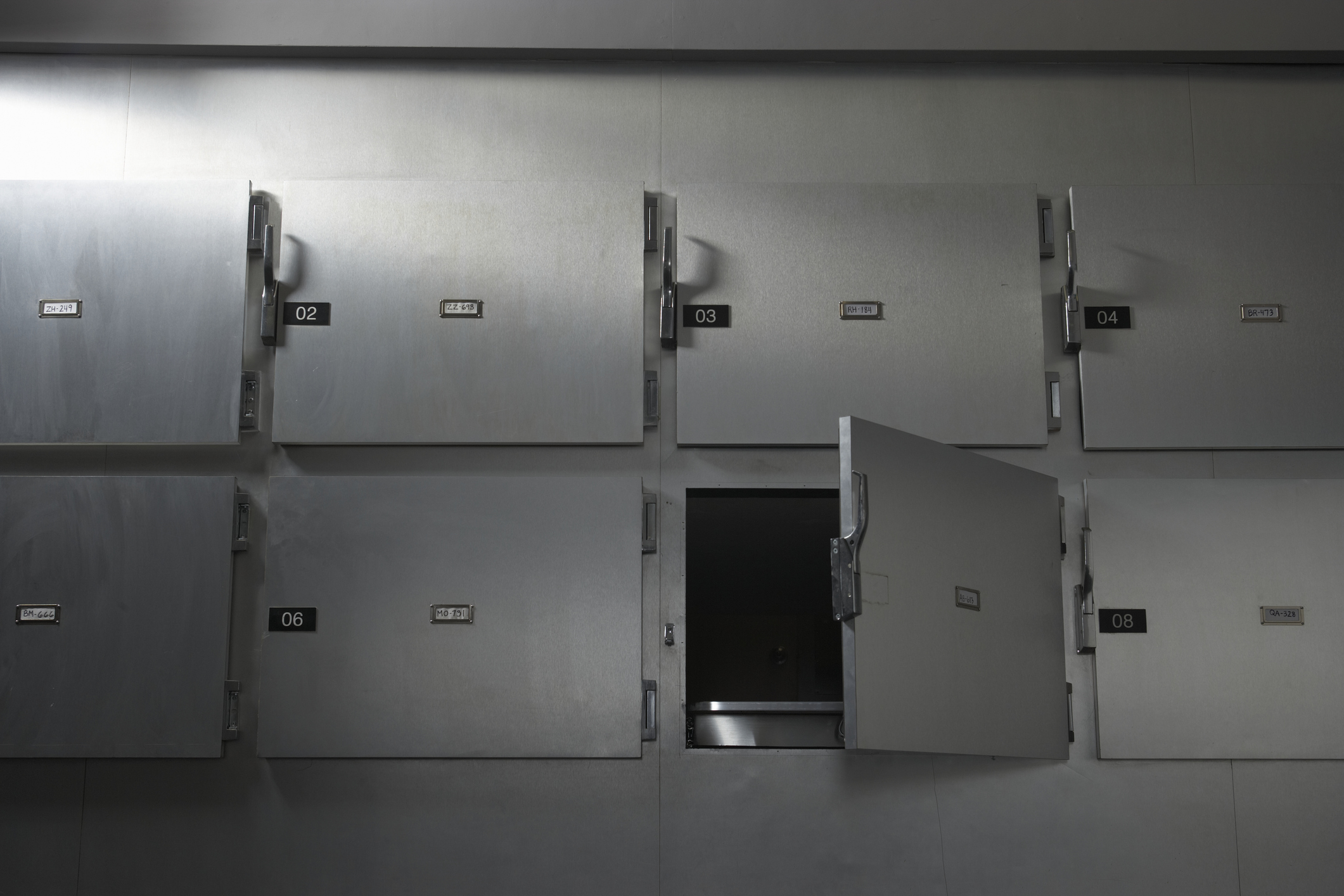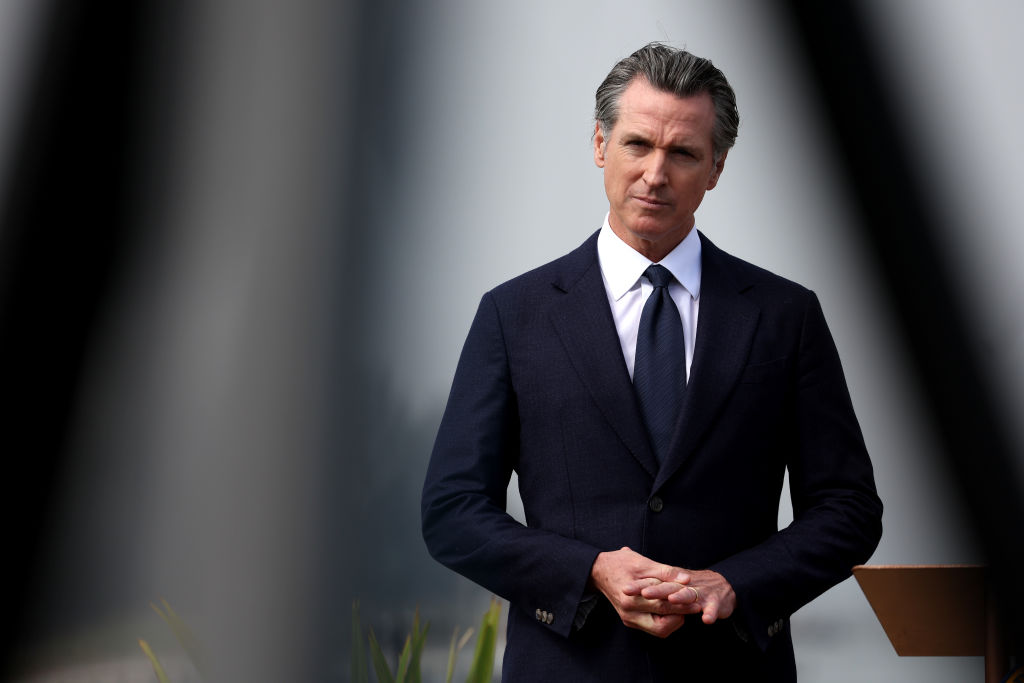The three heads of the Democrat Hydra will soon start biting at each other.
School Choice Revolutionary

Flipping the script on the teachers unions.
Before critical race theorists reframed history pedagogy around the question of whether and how to teach one long story of white settler colonialist oppression, we had other more interesting debates. For example, should schools focus more on military and diplomatic history, or more on social and cultural history? Should schools teach that history is driven by inexorably structural forces, or that it has been fundamentally redirected by great men?
Until race-mongering swept that all away, the more feminine side of those gendered debates was ascendant in schools and universities. If a spirited young man wanted inspiration, he could, of course, independently read McCullough’s Mornings on Horseback to learn about a young Teddy Roosevelt. Or Manchester’s Visions of Glory for a young Churchill. And there’s always Plutarch. But even these books can be dispiriting. No child born today is likely to sack Syracuse, stand-alone against a Nazi-conquered Europe, or even ride a horse up a hill in Cuba.
Hopefully, however, Corey DeAngelis will find an unexpected audience for his new book, The Parent Revolution: young men (and women) who aspire to someday do what he has done—fundamentally change the course of public policy through accurate political intuition and sheer memetic power.
The private school choice movement had been rather pitifully plodding on for about a quarter century before DeAngelis entered from stage right. Its donors and advocates insisted on pursuing a bipartisan strategy. Counting on Republicans to be congenitally congenial to vouchers, the movement insisted on courting at least a few dissident Democrats by promising targeted programs that would predominantly benefit poor minority students. This approach yielded dozens of failures and a handful of tiny programs, which broadly satisfied donors’ desire to be seen as fighting for social justice.
DeAngelis, however, did not enter the public arena to be applauded as a beautiful loser. He wanted to win. He correctly assessed that this was an issue that Republicans supported ideologically but which offered nothing to its constituents, and an issue Democrats opposed ideologically that offered something to a politically weak constituency (urban parents) but was opposed by a powerful constituency (teachers unions). So why not simply cut Democrats out of the picture entirely and offer a universal program that benefitted a Republican constituency (suburban soccer moms)? And why not, if appealing to Democrats didn’t matter, offer it on terms even more ideologically compulsive to Republicans?
Covid helped. It ripped the mask off public education, confronting parents not only with a system that didn’t prioritize their children, but one that had been engaged in a hither-to stealth indoctrination campaign. DeAngelis publicly pioneered the argument: if you don’t want your children to be taught anti-white race hatred or to be trans’d in school, you need school choice. From there, it was a short step to “If your Republican state senator opposes school choice, he supports teaching your children critical race theory and gender ideology.”
DeAngelis did more, though, than simply reframe the debate. He realized—as was obvious—that all politicians have a Pavlovian response to status hierarchies. He also realized that he could create a national status hierarchy. Through incessant tweeting DeAngelis became an unavoidable fixture in the feed of virtually everyone involved in public policy. He not only memed the phrase “fund students, not systems” into the mouths of innumerable politicians across the country, he signaled that every significant step toward universal school choice would win a politician national notice. He put every state-level politician who opposed school choice while sending their own children to a private school on notice that they risked a negative viral spiral that would upend their political aspirations. He even seemed to acquire a proprietary interest in the Wall Street Journal op-ed page.
Within two years, ten states passed universal education savings accounts. Covid was surely a necessary cause, but DeAngelis was sine qua non. In the decades to come, millions—maybe tens of millions—of children will have a better education because of him.
The vast majority will never know that. And that’s fine. But a happy few will. They’ll be told about him, read his book, and begin crafting their own attainable aspirations to be great men of domestic policy as well.
The American Mind presents a range of perspectives. Views are writers’ own and do not necessarily represent those of The Claremont Institute.
The American Mind is a publication of the Claremont Institute, a non-profit 501(c)(3) organization, dedicated to restoring the principles of the American Founding to their rightful, preeminent authority in our national life. Interested in supporting our work? Gifts to the Claremont Institute are tax-deductible.
How your phone ate your life.
The Left needs the metric to justify removing more of your rights.
Gavin Newsom seems to have been created in the same lab that made his hair gel.
Even the field of geology is rejecting science in the name of making political statements.
Efforts to force Americans onto trains are largely pointless and counterproductive.






